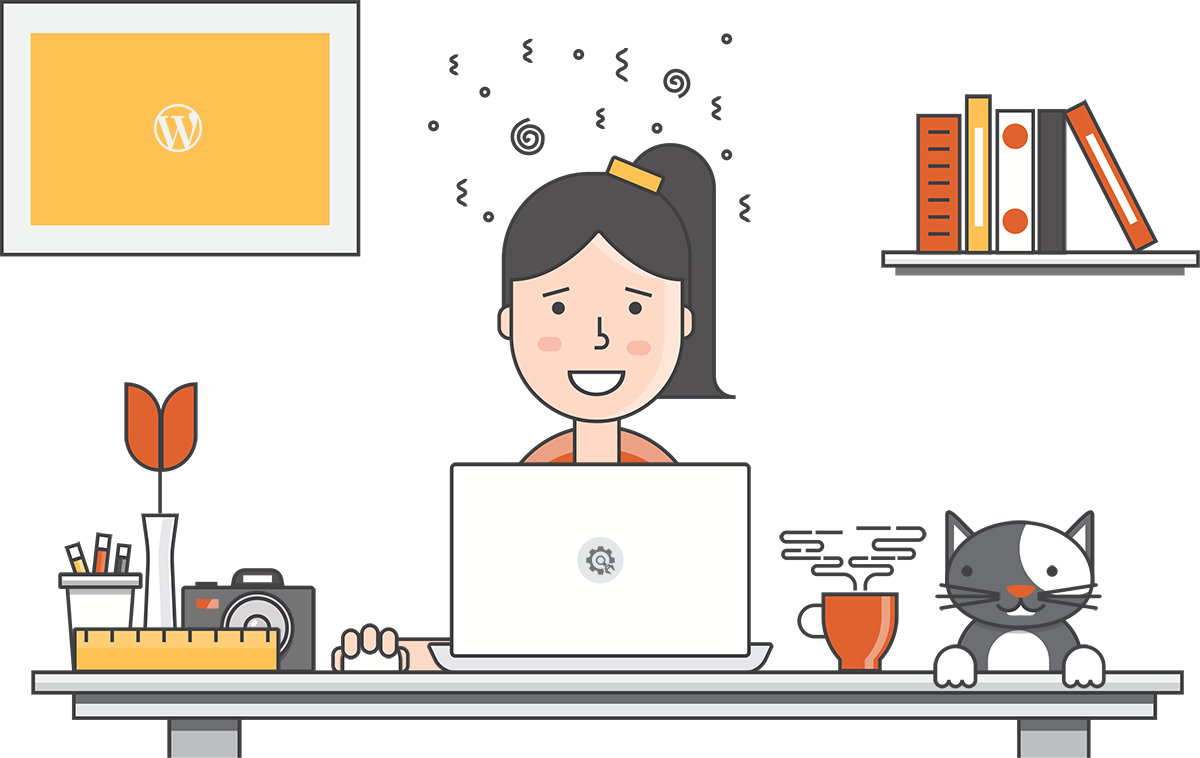

Hi, thanks for visiting!
I moved from Japan to The Netherlands recently and am also updating my website with
professional organizing services suitable for neurodiverse clients all over the world. In spring 2024 my website will be ready.
If you need urgent decluttering and organizing support or have questions, drop me an email or give me a call.
Warm regards,
Nathalie